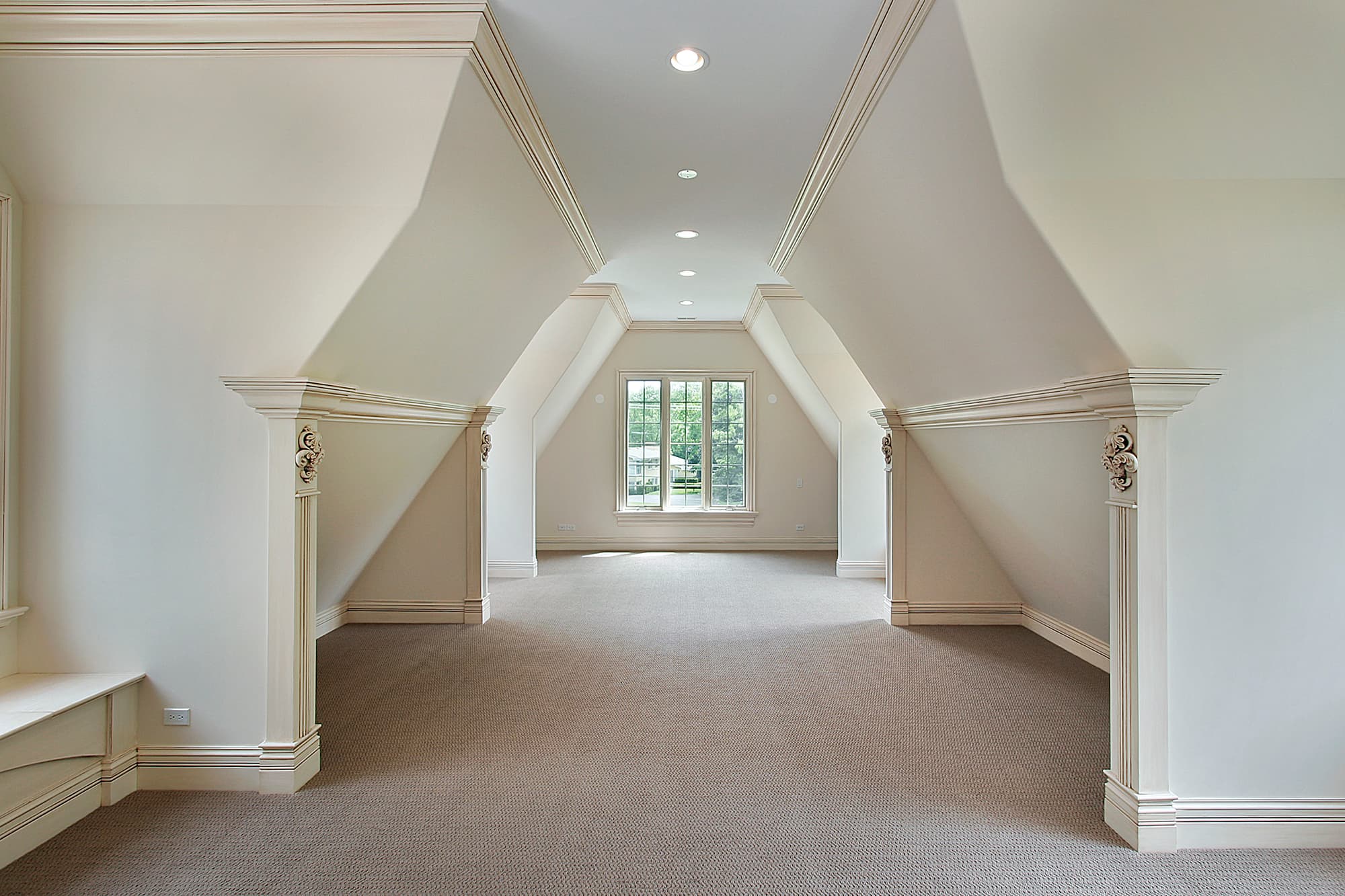If you’re in the process of looking for a new home, you might come across the term “bonus room” in the listing. So, what exactly is a bonus room?
Homeowners should look into the bonus room definition, the benefits of this additional space in their house, and how this double-duty room can increase the value of their property going forward.
What Is a Bonus Room?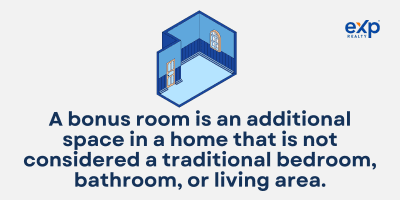
A bonus room is an additional space in a home that is not considered a traditional bedroom, bathroom, or living area. Bonus rooms can serve many different purposes, from providing extra living space to serving as a home office, workout room, or game room.
Bonus rooms can be located anywhere in the home, such as in an attic, basement space, or above the garage. They may not have a closet, but it can be easily converted into a closet due to the additional storage.
Does a Bonus Room Count as a Bedroom?
To be considered a legal bedroom, a room must meet specific standards and requirements, such as:
- Having a certain minimum size
- A window for natural light and ventilation
- A closet or storage space for clothing and personal items
- Means of egress in case of emergency.
A bonus room can’t be considered a bedroom if it does not meet these standards. It is essential to check with local building code violations and regulations before converting a bonus room into a bedroom to ensure it meets all requirements.
Benefits of a Bonus Room
Increased Living Space
A bonus room provides extra space for the homeowner.
Kid’s Bonus Room
A bonus room can be used as a playroom, game room, or homework room to provide a kid-specific space for children to use without dirtying other house areas. This also makes it a great way to keep an eye on your children as they do homework or keep young kids safe during their play or work time.
Exercise Studio
Homeowners can turn their bonus room into an exercise studio, like a home gym or yoga studio, to save money on fitness subscriptions and use an area with natural low lighting.
The Flexibility of Use
Bonus rooms are used for many different purposes, such as a home office, game room, or exercise room.
Potential for Home Value Increase
Adding a bonus room to a home can increase its value. You can add an efficient HVAC system, more insulation, ventilation, and valuable storage areas to make every space of your house livable and functional.
- Adding a bedroom as a bonus room immediately adds more sleeping space and convenience to your house.
- You can turn a bonus room into a self-contained studio or room to rent and make additional income.
Improved Quality of Life
A bonus room provides additional space for the homeowner to relax, work, or pursue hobbies.
Game Room
Homeowners can turn their bonus room into a game room that works well for teenagers and young adults, featuring a pool table and movie theater.
Sunroom
A sunroom is a great idea for a bonus room to add extra room for reading, playing games, or natural sunlight into the house. A sunroom can increase a home’s value by between 5 and 10% due to the proximity to the outdoor space.
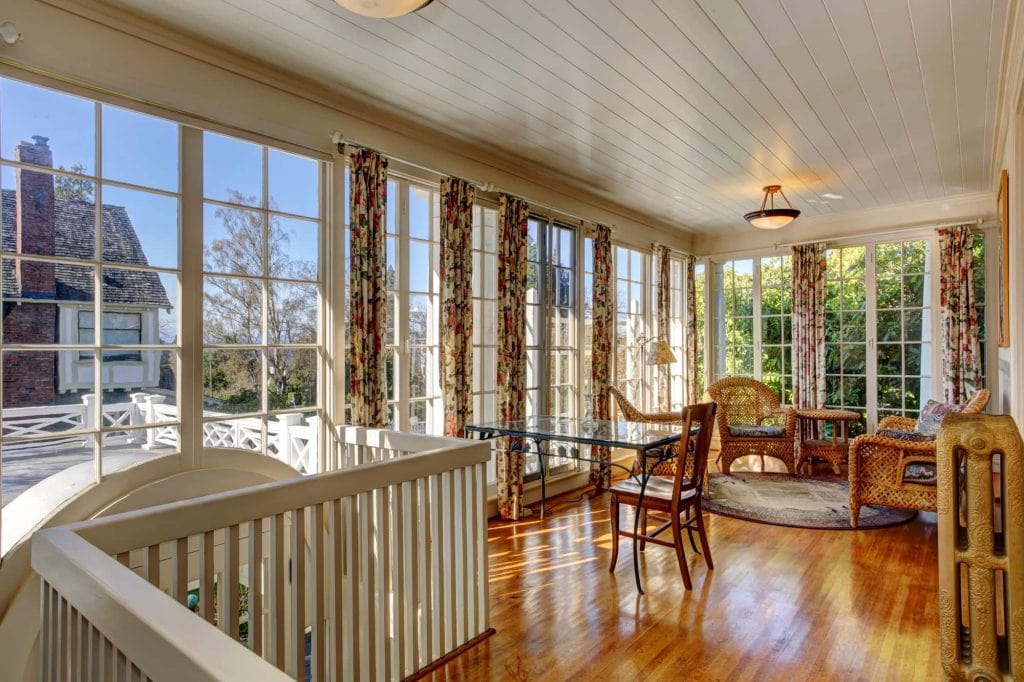
Things You Can Do With a Bonus Room
Here are some of the best bonus room ideas for homeowners.
- Home office: A home office leads to increased productivity, flexibility, in-home flexibility, location independence, financial savings, and inclusivity. A home office helps remote workers stay connected without having to spend time going to and from an office location.
- Playroom: Homeowners can add a new family room idea or kid’s bonus room. Instead of cluttering family space and the living room with kid’s toys, the bonus room can convert into a playroom.
- Home bar: A home bar helps homeowners save money they would otherwise spend at a restaurant, bar, or brewery.
- Game room: The game room idea is a great way for teens, or adults, to use video game consoles without taking up the living room TV or bedroom space. A game room frees up space for everyone to relax.
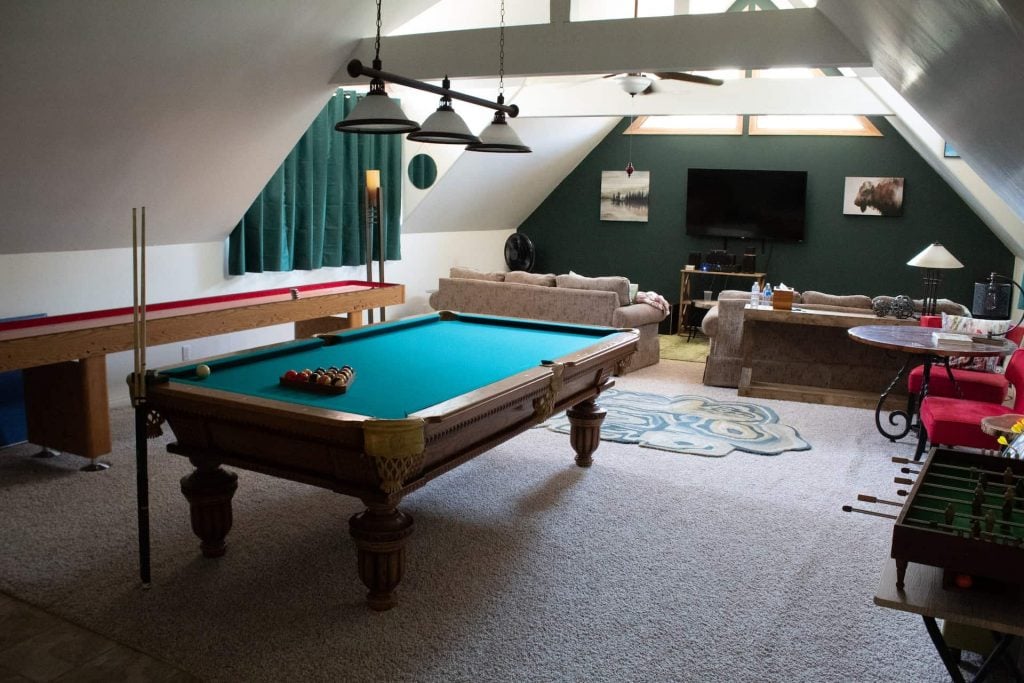
- Extra bedroom: Some bonus rooms are located in the ideal part of the home that is great for a guest bedroom or spare convertible bedroom. An extra bedroom adds value to your house and prevents guests from needing to stay over in the living room.
- Lounge: A lounge is a small living area near the bedroom that is used for extra seating or storage space.
- Wine cellar: A wine cellar is a space for storing wine in a temperature-controlled area.
- Library: Since bonus rooms are usually made of strange angles, nooks and crannies, and random spaces, it might not be conducive to other homes. In this case, using the bonus room as a library can be a great way to use an inefficient space by filling it with storage spaces, bookshelves, comfortable seating, and homemade shelving.
Key Takeaways
Bonus rooms provide additional living space for homeowners. A bonus room is a room that does not have one specific purpose but can be used for any functional requirement or want. Most bonus rooms are converted into attics, basements, bedrooms over garages, playrooms, game rooms, and other options.
A bonus room can be an excellent idea for homeowners who want to add square footage to their houses without increasing their tax payments.
FAQs: What is a Bonus Room
Check out these frequently asked questions about bonus rooms for more information.
What counts as a bonus room?
A bonus room is a remodeled room or addition to the home that can be used for multiple purposes. It may/may not adhere to local code regulations for standard rooms in a home. A bonus room is not a must-have in a property, such as a bathroom, family room, hallway, kitchen, or closet space.
Instead, it is a room that does not officially count as a ‘room’ in your house, meaning it adds functionality but does not add tax payments to your mortgage.
What do people use a bonus room for?
Some of the most common types of bonus rooms people can add to their homes are private lounges, additional bedrooms, self-contained studios, homework rooms, home offices, yoga studios, exercise gyms, young adult/teenage spaces, game rooms, libraries, built-in closet, laundry room, craft room, nursery, playroom, educational center/class rooms, or ‘secret’ room.
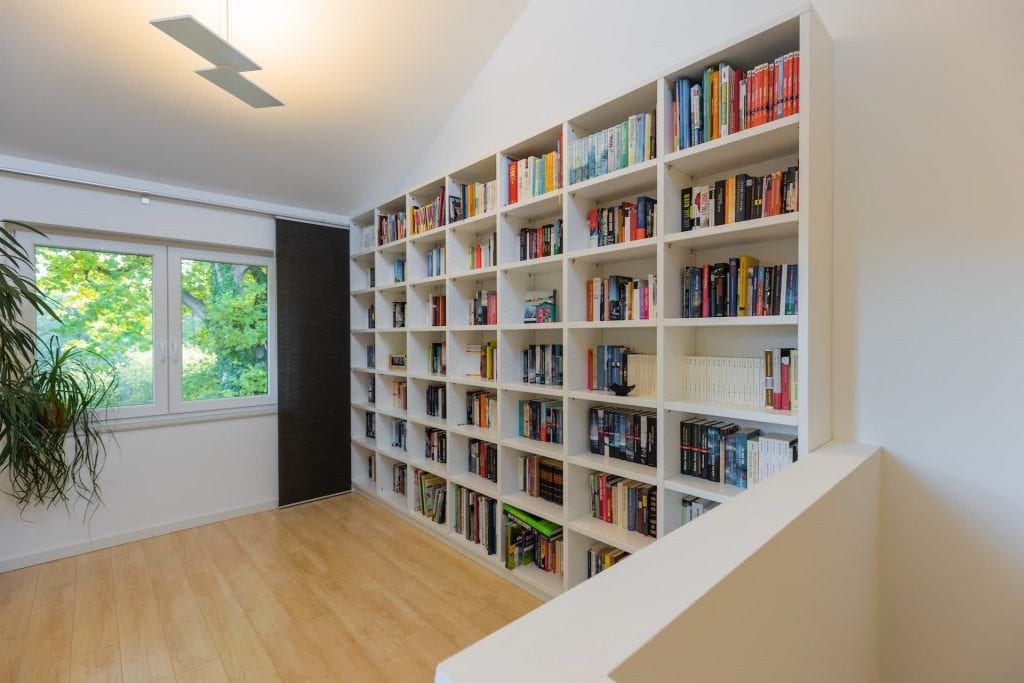
What size is a bonus room?
The typical size of a bonus room is 70 feet x 7 feet in any horizontal direction. Bonus rooms are usually at least 200 x 500 square feet.
However, they fluctuate in size based on the space, home, and local regulations. Some bonus rooms feature slanted ceiling space, whereas others have an average ceiling height.
Can a bonus room be used as a bedroom?
A bonus room can be used as an extra bedroom in addition to the typical bedroom in a home. The standards for a bonus room to be used as a bedroom are the following:
- Minimum square footage: The bedroom must meet the minimum square footage requirement, typically 70-75 feet x 7 feet of ceiling height.
- HVAC system: The bedroom needs to be powered by the HVAC system to provide a heating/cooling method.
- Closet: The bedroom must have a closet and window large enough to be used as an emergency exit.
- Door: the bedroom must have a door that can be used as a private entry/exit when closed.
- Outlets: Some physical locations have rules about how many outlets are included in the bonus room bedroom.
The standards can vary by state and local jurisdictions. In some locations, bonus rooms may need more outlets than in other states.
What’s the difference between a bonus room and a bedroom?
Homeowners should look at various real estate listings to see if any property has a bonus room contributing to the added square footage. In some cases, a four-bedroom house may contain a ‘bonus room’ considered one of the true bedrooms.
A bonus room is not a bedroom for tax purposes and appraisals. Although the added square footage is considered, it is not a ‘usable’ room. This means that you can have more space with lower property taxes.
Are bonus rooms worth it?
Bonus rooms are worth it for homeowners who want to add square footage and usable space without adding more ‘usable’ rooms that can increase taxes and payments. A bonus room can be an intelligent investment for homeowners who want to add functional space and increase the value of their house.
Why are bonus rooms so hot?
Bonus rooms might sometimes not have proper ventilation, insulation, or airflow. This specific type of bonus room might be located near attic space or areas with low-insulation areas.
Hot air within wall insulation and framing can radiate and redirect heat into the bonus room space. This heat typically comes from attic space, garage ceilings, and fiberglass-insulated rooms near the attic.
Is a bonus room the same as a flex room?
Flex spaces are the same as bonus rooms. These flexible spaces add more areas that families and homeowners can use to fit their unique needs.
What can a bonus room be used for?
A bonus room can be used for any required space that can add functionality or value to a person’s house, such as a fourth bedroom.
Can you put a bathroom in a bonus room?
Homeowners can put a bathroom in a bonus room to add value to the home, increase comfort in the house, and boost the property’s value. The size of the bathroom should be in reasonable proportion to the original room/space.
Does turning a bonus room into a bedroom add value?
Turning a spare bonus room into a bedroom can add value by listing another bedroom on the property without having to pay more money in taxes.
Is a bonus room included in square footage of a house?
No, since the bonus room is not considered a ‘usable’ room, it does not technically add any square footage to the house for tax purposes.
To find homes with bonus rooms and other great features, head to eXp Realty to see the properties. Contact a local eXp agent today to get started!
